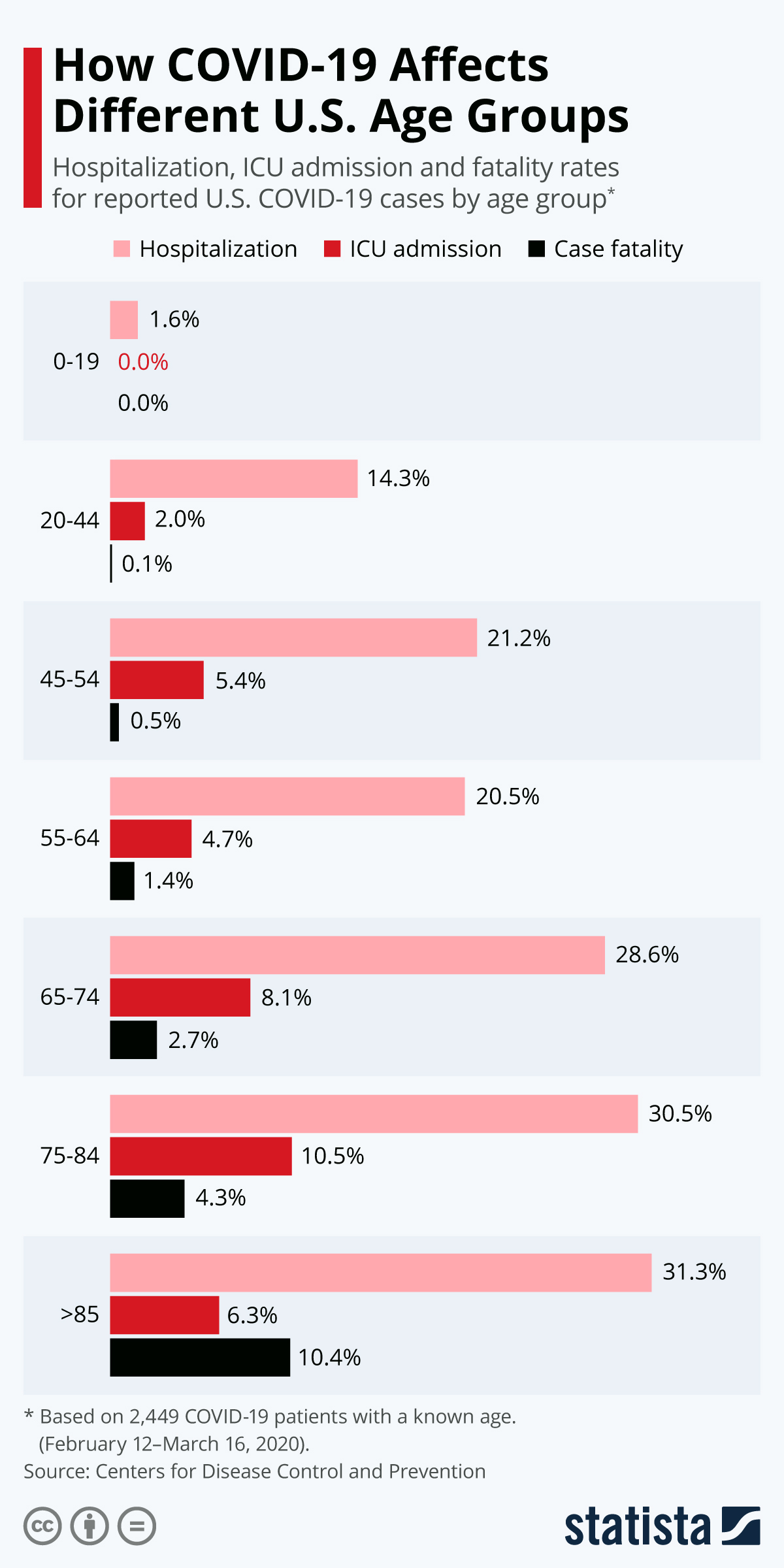How South Korea Flattened the Curve
Key takeaways:
Yet other hard-hit nations did not follow South Korea’s lead. Some have begun to show interest in emulating its methods — but only after the epidemic had accelerated to the point that they may not be able to control it any time soon.Just one week after the country’s first case was diagnosed in late January, government officials met with representatives from several medical companies. They urged the companies to begin immediately developing coronavirus test kits for mass production, promising emergency approval.
Within two weeks, though South Korea’s confirmed cases remained in the double digits, thousands of test kits were shipping daily. The country now produces 100,000 kits per day, and officials say they are in talks with 17 foreign governments about exporting them“South Korea could deal with this without limiting the movement of people because we knew the main source of infection, the church congregation, pretty early on,” said Ki Mo-ran, an epidemiologist advising the government’s coronavirus response. “If we learned about it later than we did, things could have been far worse.”South Korea has tested far more people for the coronavirus than any other country, enabling it to isolate and treat many people soon after they are infected.
The country has conducted over 300,000 tests, for a per-capita rate more than 40 times that of the United States.To spare hospitals and clinics from being overwhelmed, officials opened 600 testing centers designed to screen as many people as possible, as quickly as possible — and keep health workers safe by minimizing contact.South Korea developed tools and practices for aggressive contact tracing during the MERS outbreak. Health officials would retrace patients’ movements using security camera footage, credit card records, even GPS data from their cars and cellphones.South Koreans’ cellphones vibrate with emergency alerts whenever new cases are discovered in their districts. Websites and smartphone apps detail hour-by-hour, sometimes minute-by-minute, timelines of infected people’s travel — which buses they took, when and where they got on and off, even whether they were wearing masks.Can you do those in your country? No? Then lock down it is.People ordered into self-quarantine must download another app, which alerts officials if a patient ventures out of isolation. Fines for violations can reach $2,500.









 Reply With Quote
Reply With Quote

















